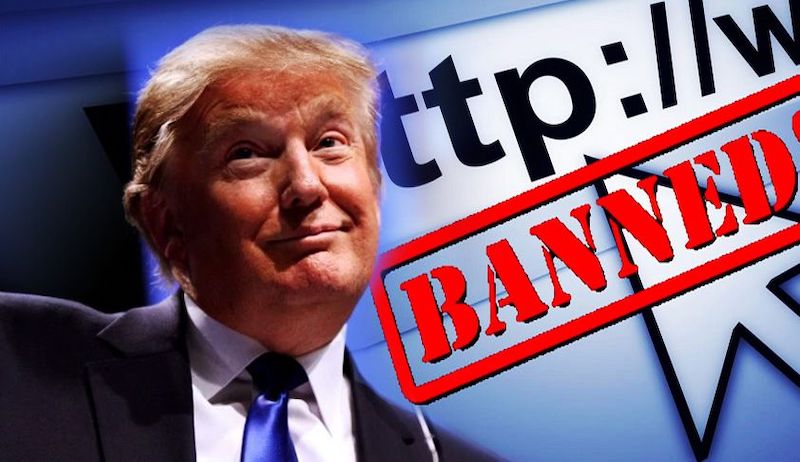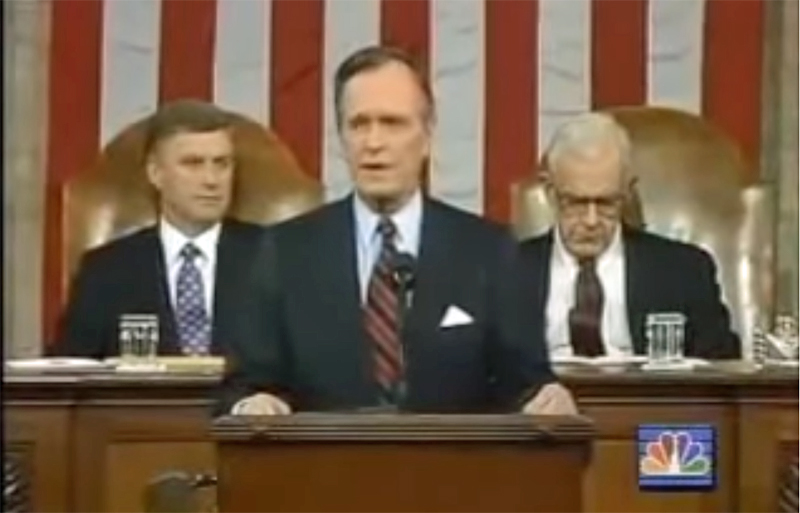
Modern politics is characterised by demagogues like Trump and Johnson, who are an effect or symptom of a wider, silent and dramatic global economic transformation. So what characterizes the old world of the 20th century and what of the new in the 21st century?
Post WWII, while parts of the world were in recovery mode, and many were in pure poverty (as they still are), the USA forged ahead with rapid expansion. In the midst of a cold war raging with Russia, the global rise of the

In a very short period the landscape has changed in two very significant ways – first the emergence of a globalized high-bandwidth internet with associated knowledge, information and commerce – second, and partially as a direct consequence, the emergence of economically empowered nations such as China and India. These two countries account for around 1/3 of the world’s population and are increasingly equipped through education and technology enablement to participate in the new economic world.
In the 20th Century these countries were content to be ‘feeders’ in the global system, perhaps helpless to change the global status quo – Japan, Europe and USA tied together trade deals that circumvented any natural economic pressures for change at that time. It is worth noting that the global economic pie has steadily grown (by cumulative GNPs) but when one or two large players enter the global economic meal and want their slice, then other countries meals must get smaller.

Have the G7 or G20 (or perhaps soon G50),
Discovered formerly in the late 18th century by economist Adam Smith and refined by Alfred Marshall in 1890, it has been subsequently understood that markets exist in any enabled space where buyers and sellers can meet and will clear at the point, with a given price, where demand meets supply. Many economies have found that they may fight market forces, typically to no avail, however the meeting place or platform for the market in the Executive example, was derived from the scope of function of the internet. What if this were taken away? More on that in a moment…
Multi-national corporations, via another market mechanism, are driven to optimize profit to remain competitive and in so doing meet the needs of owners (shareholders) in their company. In other words, if the corporation ‘protected’ employees from these

Yes, when China significantly floods the USA market with cheap steel, then
Given where the USA and Britain have been, sitting at the top table for every meal, the consequences don’t bear thinking about. Britain had riots on the streets in 2011 and 1981 when our domestic economic pie shrunk by less than 1%. We’re so used to it expanding!! What if it were to go down over a decade by 10%? Revolution? Upheaval? A manufactured war, to bring us together? Would that work in the knowledge saturated, cynical, 21st-century model of the world? The terrorist threat of the late 20th century was labelled ‘asymmetric’ meaning ‘we’re very big, you’re very small (but dangerous)’ and not conforming to the previously understood threat of having allegiance to a particular country, in a similar way the globalized competition for jobs cannot be pinpointed to a particular company or attacked in any meaningful way and has an uncontrollable life of its own.

In effect, the economic threat can only really be countered through being competitive (meaning sacrifice – $50,000 not $250,000) or removing the space, remember without the enabling space the market will not exist, in this case cyber-space. Perhaps our establishment may actually even attempt to shut down the web! Watch this space! After all the internet is a vehicle for evil subversives, terrorists, horrible human beings and most of all fake news soooooo let’s get rid of it. The Trump rhetoric has already begun!
So what else characterizes the 21st century landscape, and what of the future? Notably, we have seen the progressive fragmentation of groups of people by the traditional methods of geographical boundaries, be those boundaries countries or unions of countries. Russel Brand once said, “one day someone drew lines on a map and called what he had drawn a country, the notion of the country is just someone’s old idea, if the idea is no longer any good, then change it!”

Europe as a Union is disintegrating, the failure of the USSR, the British Union under threat and perhaps even regional economic pressures bringing about the early signs of creaking at the seams of the USA. Groups of people are instead forming through common interest or other common ground, utilizing globalized cyberspace (where social media will extrapolate to who can say?). This is a counter force that is effectively pulling the human resource of the planet together into different forms of groupings and working in a different way to the regional frictions of traditional boundaries. Change is always painful and blame is made, historically the rich or poor, one race or another or the religiously inclined, take the brunt. Let’s hope not. Perhaps then, the longer term objective of the establishment – here comes the conspiracy theory – is as George HW Bush put it in September 1991 “A coming together (of people) in a New World Order, a world not governed by the rule of the jungle, but the rule of law!” A global government, in a globalized connected world, one cyber-currency, one language, one people – bring back John Lennon! Or is that Bob Marley?



